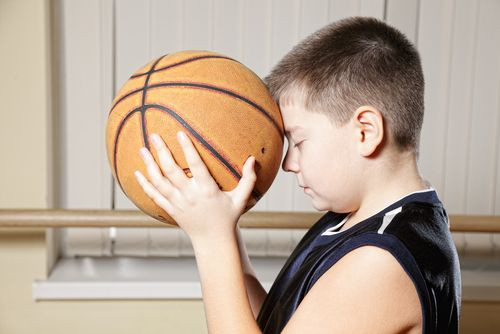Children Who Are Teased While Playing Sports Could Be Less Physically Active Later On

From sea to shining sea in America, every school is advised by experts to get with the times and implement an anti-bullying program. Now, new evidence from investigators at Brigham Young University shows that children teased while playing sports eventually live a lower quality of life than others.
"Teasing not only influences psychological functioning but may reduce physical activity and lead to poorer physical, social, and emotional functioning for children," investigator Chad D. Jensen told Reuters.
Aside from a miserable psychological experience, such victimized children fall further behind an already unhealthy curve. Other research shows that fewer than 10 percent of American children meets government recommendations for one hour or more of moderate or vigorous exercise per day.
In the study, Jensen and his colleagues surveyd 108 children aged nine to 12, in 2010 and 2011. They collected data about the kids' phsyical activity throughout the day, and about how often they’d been teased while playing sports throughout their school days. The investigators then inquired about interactions with others, including physical and emotional connectivity, assessing overall quality of health.
Not suprisingly, those who reported the greatest amount of teasing also complained of a worse quality of life than others. Particularly, chldren with weight problems tended to make no progress during the year between assessments. "Negative effects of teasing appear to be persistent, affecting important outcomes one year after teasing is reported," Jensen said.
Interestingly, the effect holds among different type of kids. Those with normal weights tended to become gradually less physically active after incurring playground discouragement in a sports setting. "School policy makers are encouraged to think of this form of peer victimization as a direct threat to children's health outcomes," the investigators wrote in a paper published Friday.
"These findings provide support for comprehensive bullying prevention programs and suggest that efforts to reduce peer victimization in the context of physical activity participation may be helpful in promoting physical activity participation and children's quality of life," Jensen said.
Aside from advocating for anti-bullying programs, psychologist David Palmiter, of Marywood University, offers some practical advice. Although most children experience isolated incidences of bullying as a rite of passage, more aggravated cases may be prevented via the old adage of “safety in numbers." Make friends and travel in packs.
Published by Medicaldaily.com



























